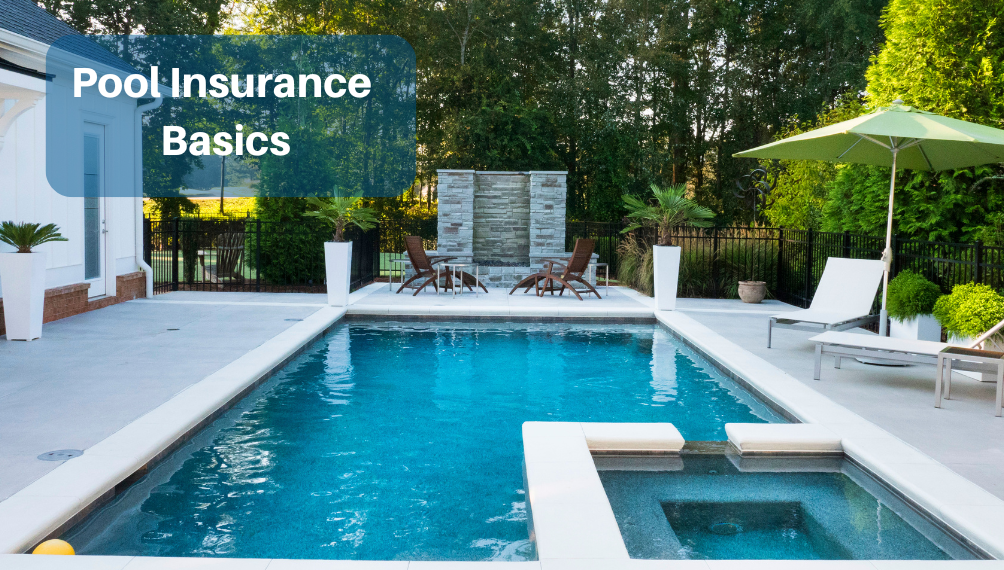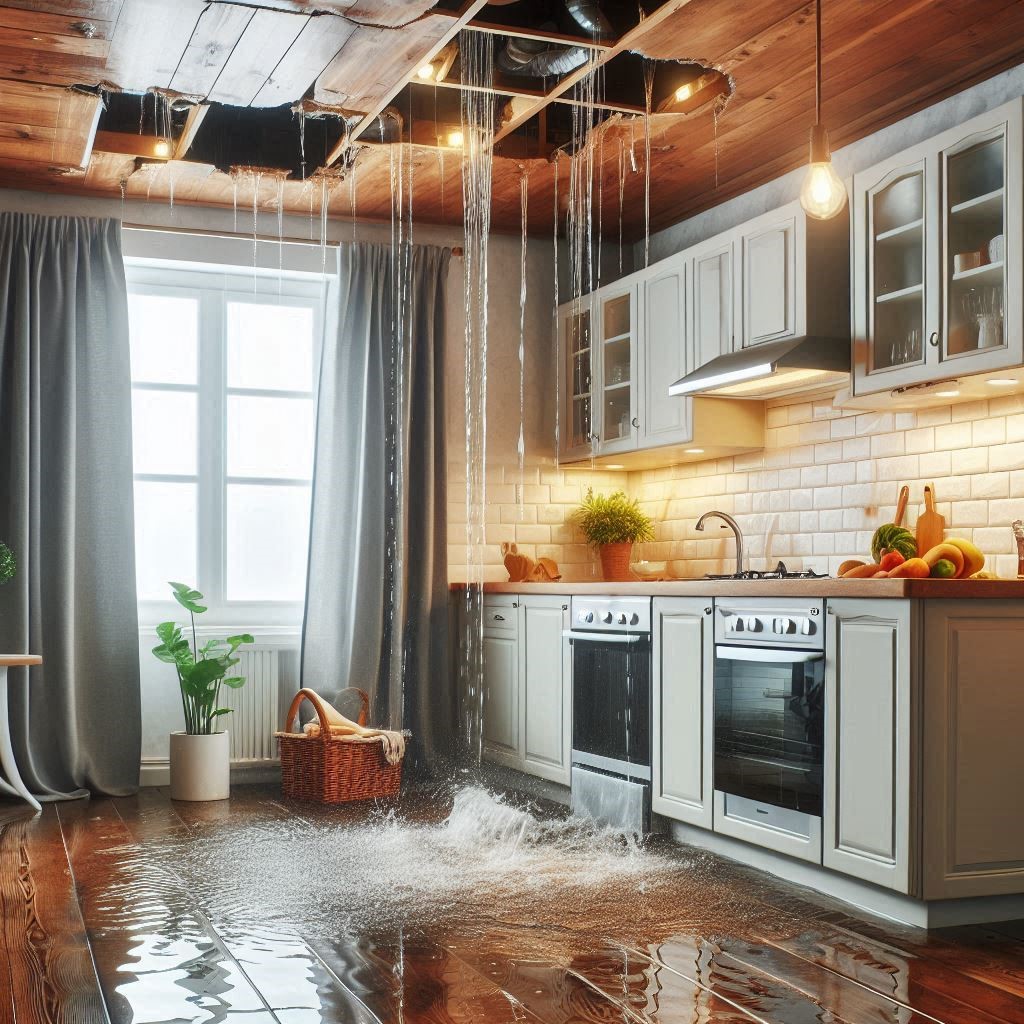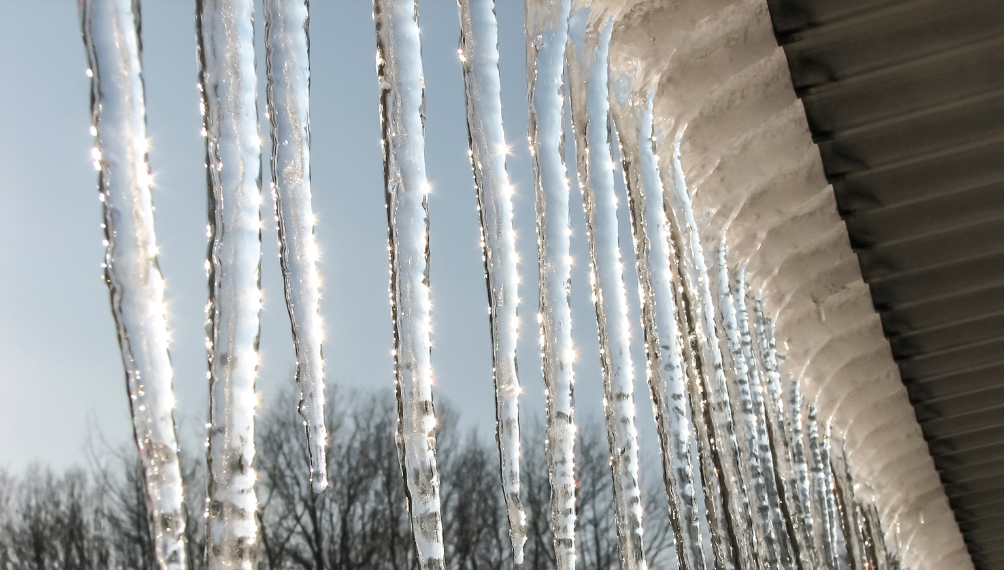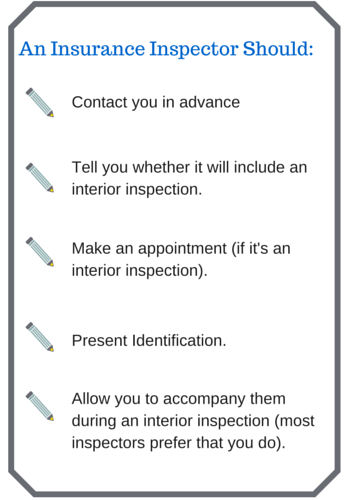UPDATED 4/2/2020
COVID-19 (Coronavirus Disease), has everyone’s attention. It’s changed behavior around the world, and now it’s here. Business owners feel it. Emergency declarations have forced many to close for the duration.
For those businesses remaining open, routines and procedures are completely disrupted. No more non-essential shopping, eating at restaurants or going to shows. No going out for drinks or coffee. Instead, people are stockpiling supplies, staying home, washing, disinfecting and keeping their distance.
COVID-19 is causing turmoil for businesses large and small. Inventory control and staffing are all messed up. Marketing and sales are on hold as clients and prospects are otherwise occupied.
What if Your Business Suffers due to Coronavirus?
Many businesses feel threatened.
- What if fear causes my customers to stay home?
- What if I can’t get inventory or supplies?
- How can I keep my employees safe?
- What if my employees get sick and can’t work?
- What if I have to disinfect or close my workplace?
- The government has restricted movement in my area.
- What if economic fear or market changes cause me to lose sales?
Do My Policies Cover Business Interruption?
Unfortunately, business insurance is very unlikely to cover you against lost business due to Coronavirus. Even policies that provide “”business interruption” coverage exclude damage caused by communicable diseases. They also require physical damage to your premises by a covered peril, like fire or water.
If Not, Why Not?
You probably don’t care about the reason behind the exclusion, but there is one. Put simply, diseases are too uncertain for insurers to accurately price insurance to cover them.
Insurance companies have a lot of experience with fires, hurricanes, and other disasters. They know how to price insurance for that, and they know that these perils are local or regional in scope. They can collect enough premium from everyone to pay for the few who suffer a loss.
Viruses are extremely rare – or even unknown – until they’re widespread. And it’s hard to quantify a resulting drop in business. Profits and sales are subject to changing factors: weather, competition, consumer preferences. It’s very hard to put a dollar value on lost sales directly caused by a public health threat.
Should I File a Business Interruption Claim Anyway?
Although the chances of coverage are very small, each business situation is unique . Coronavirus is new for everyone. Insurers are trying to deal with it just like everyone else. Coverage interpretations and response may evolve.
No one wants to file a claim, only to have it denied. But, you may choose to anyway. Here are two reasons why it might be a good idea to file a claim with your insurer.
- By contract, insurance companies must investigate each claim to determine if coverage applies. If they find that coverage does not apply, they must show the wording in your insurance policy that precludes it.
- The government could create a relief program in the future that might apply to your loss of income. Government could also force insurers to create coverage, in spite of policy wording. Such government actions would probably require you to prove your loss. You might also have to show that your insurance policy provided no coverage for the incident.
Resources for Small Businesses Affected by COVID-19
Congress passed the CARES Act in March, 2020 to help people and businesses weather the economic effect of Coronavirus. This Small Business Owners Guide to the CARES Act provides a good recap of the bill. It tells you how to apply for benefits, which are widespread. We encourage our affected clients to apply early if they’re affected.
The SBA’s Economic Injury Disaster Loan program provides small businesses with working capital loans of up to $2 million. The goal is to help small businesses overcome a temporary loss of revenue. These are loans, not grants. They must be repaid.
The Maine CDC Coronavirus information page is a good resource for Maine businesses and citizens. It contains factual and timely information about the disease and its effect on our state.
We’re Here to Help our Neighbors
We are a local business. We live and work in Greater Portland. While insurance may not be able to help our clients directly, we still want to be accessible. We want to help where and how we can.
While our office is closed to the public, we’re available by phone, email or our website. Our insurance company partners also continue serving customers while keeping their employees safe.
Stay Safe
Public health scares and economic uncertainty create anxiety. Most business owners feel responsible for the safety of their employees and customers, as well as their loved ones.
We hope that all or our clients, friends and business partners remain safe and calm during these trying times. We’re here to answer your insurance questions.
In this anxious season, check on family and friends. Be kind to each other. Together, we can make it through.







